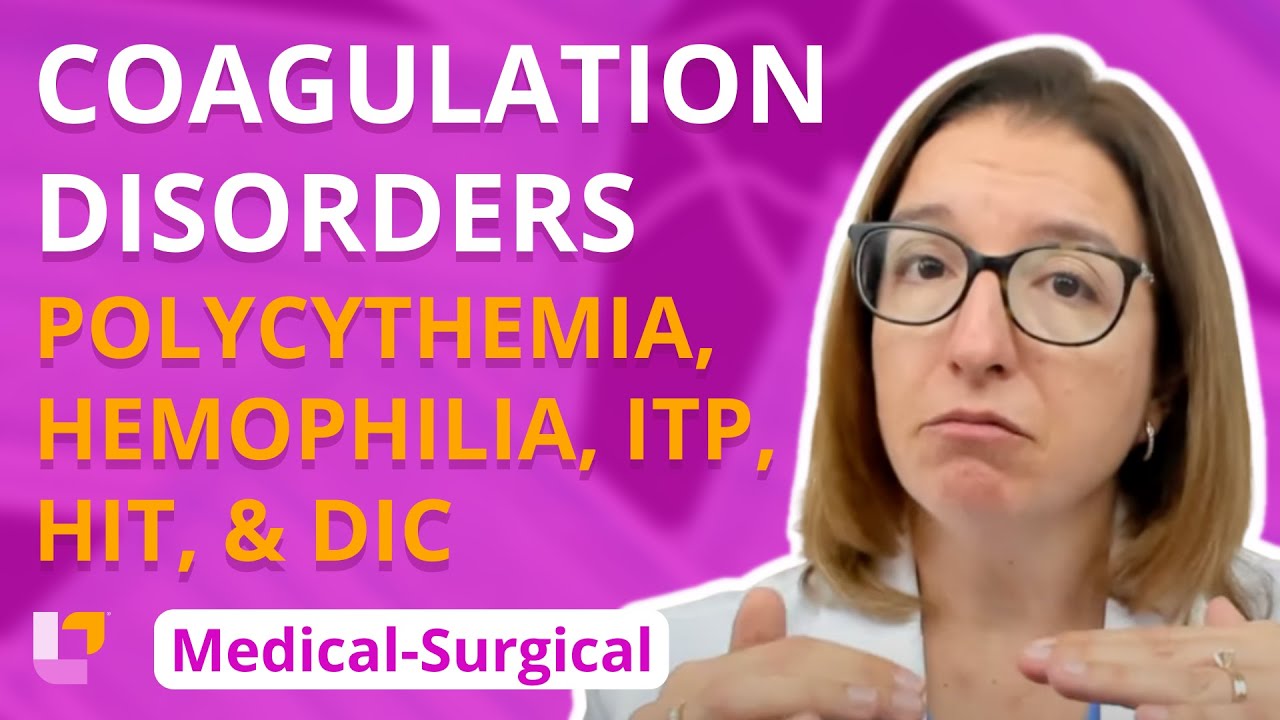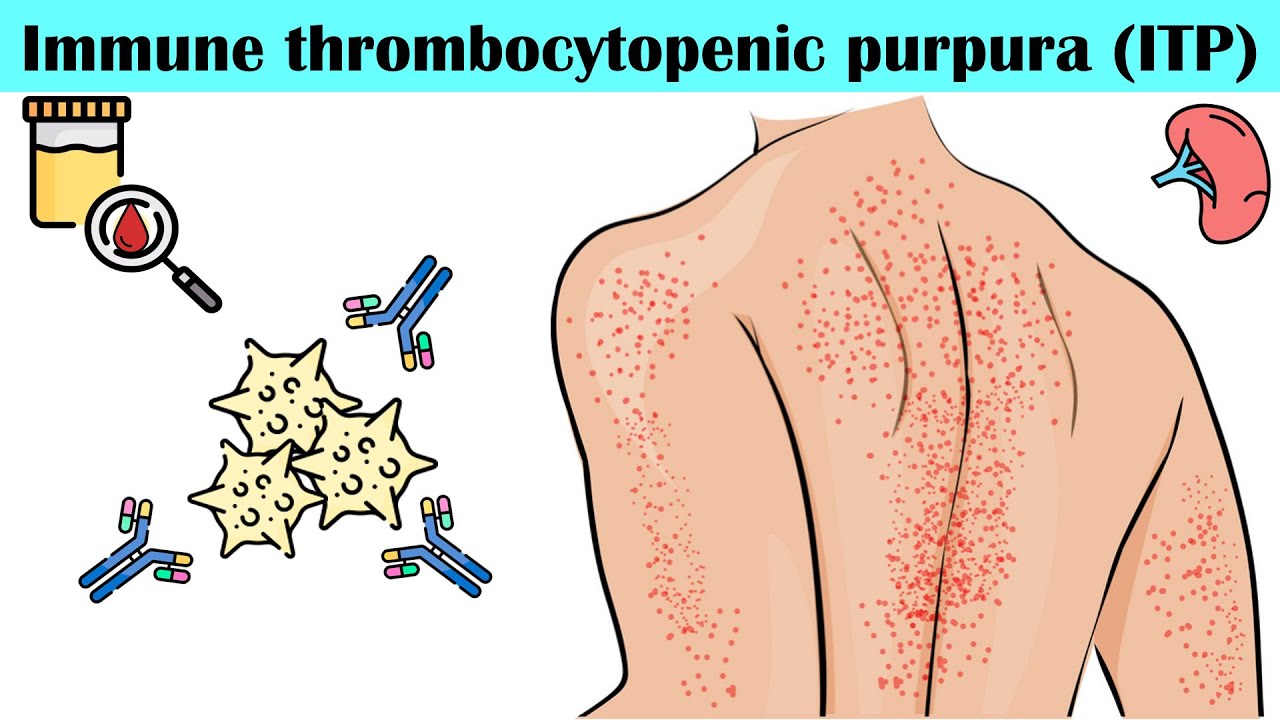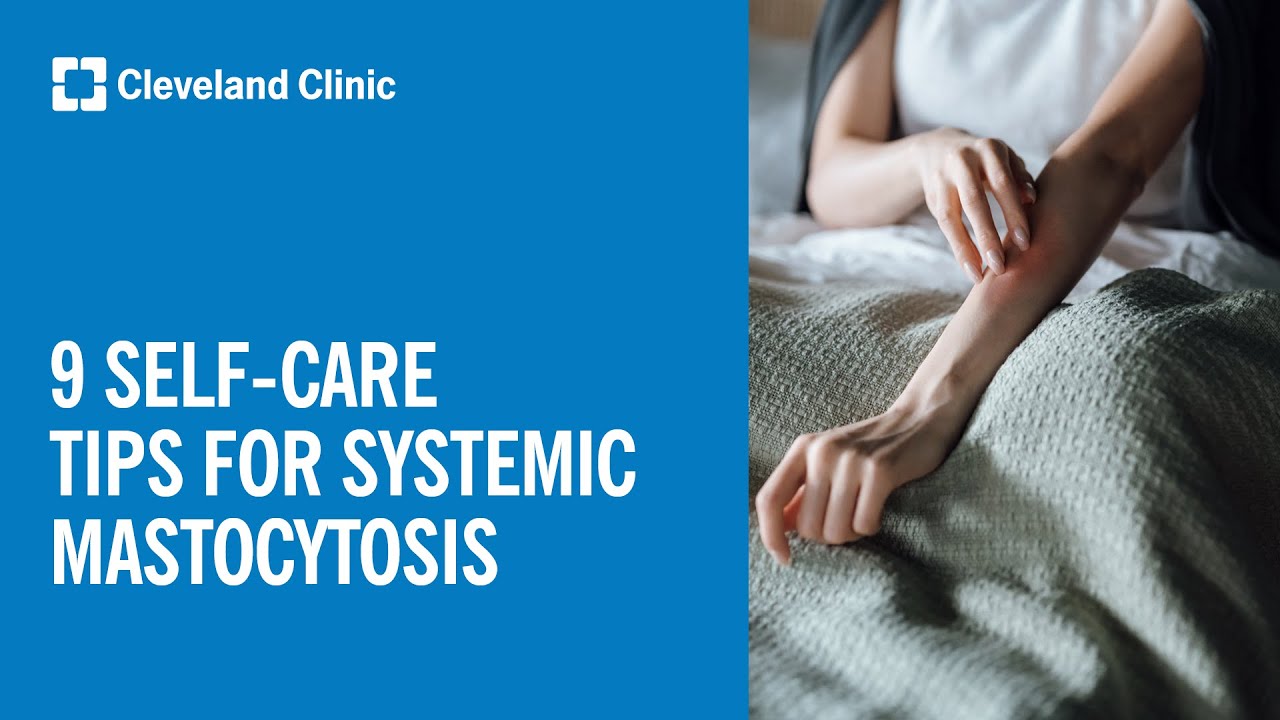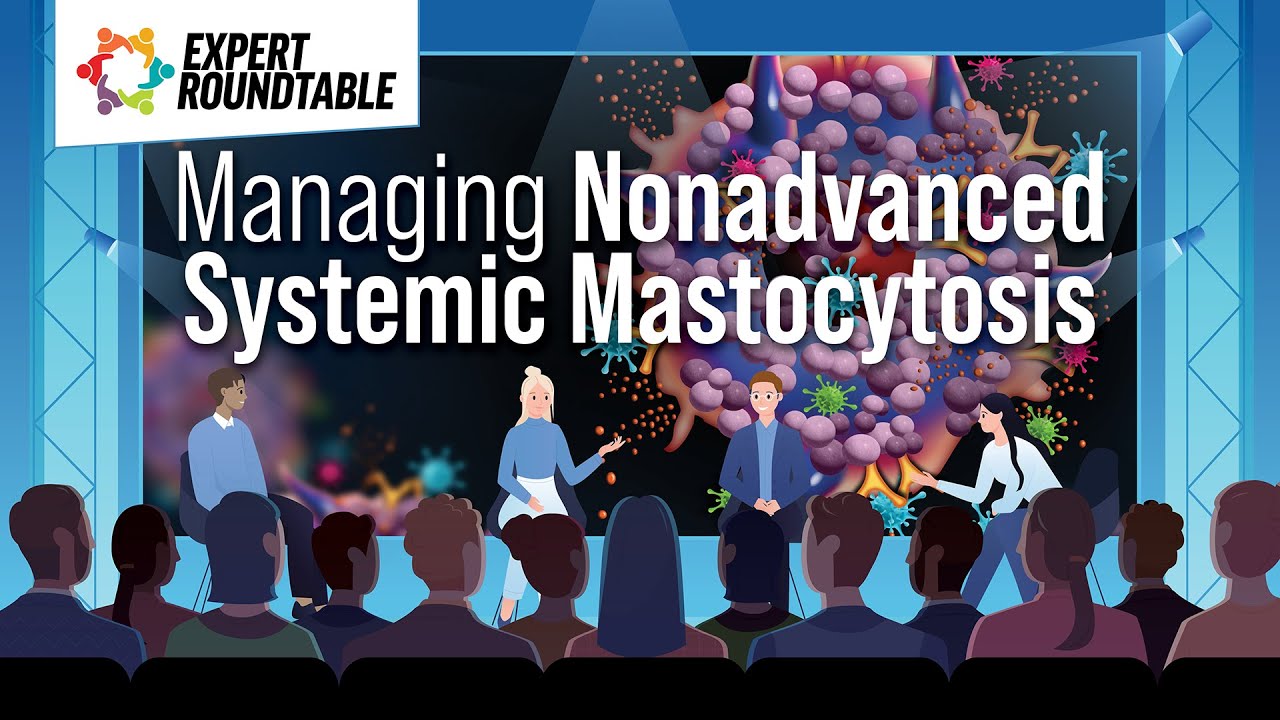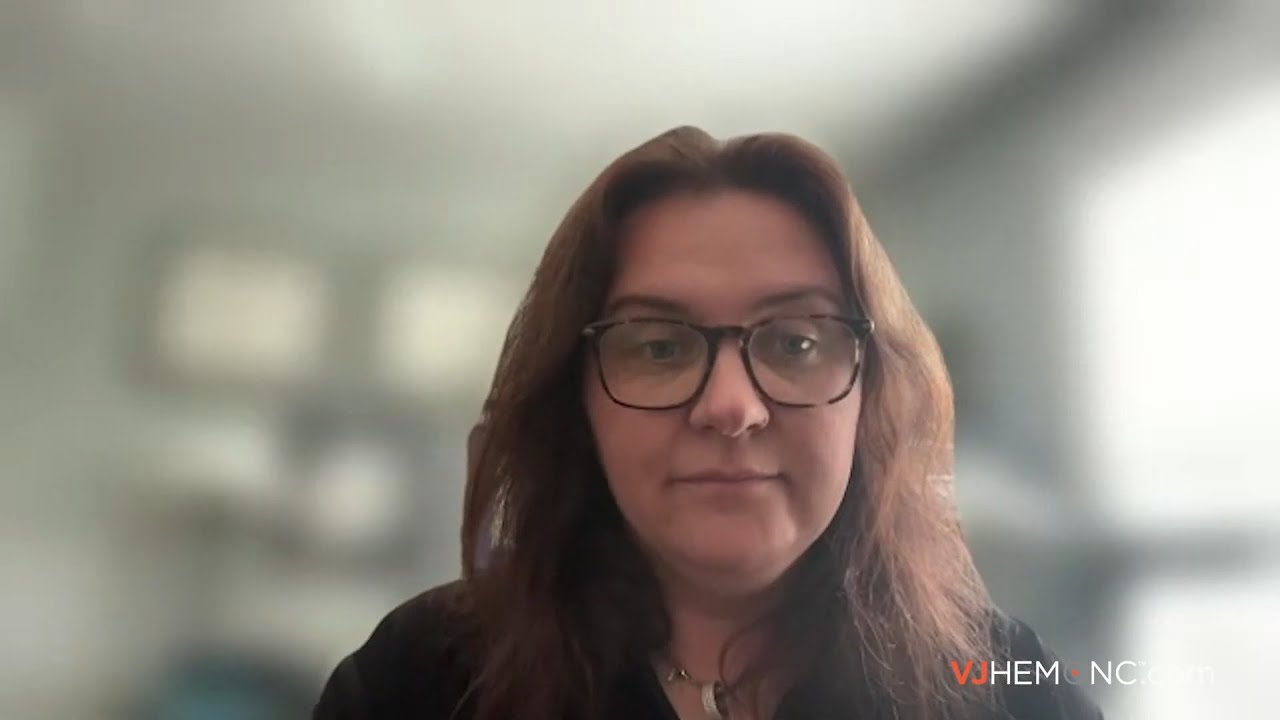Immunotherapy cuts steroid use in kids with allergic asthma
Reuters Health • The Doctor's Channel Daily Newscast
Based on the results, immunotherapy should ìdefinitelyî become a part of standard care for kids with allergic asthma, senior author Dr. Enzo Madonini told Reuters Health by e-mail. ìAllergic children are the optimal target, due to the long-term and preventive effects of immunotherapy. Besides, the steroid-sparing effect is most important in children.î
In a two-year trial reported online July 12th in the Journal of Allergy and Clinical Immunology, Dr. Madonini from San Carlo Hospital in Milan and colleagues studied 65 children who had mild-to-moderate asthma related to house dust mite allergy.
All patients received twice-daily doses of fluticasone propionate dry powder (100 to 1000 mcg/day), plus salbutamol for breakthrough symptoms.
In addition, the 33 patients assigned to the intervention group received subcutaneous mite allergoid immunotherapy with a high-dose hypoallergenic preparation of Dermatophagoides pteronyssinus (Acaroid) administered subcutaneously. Acaroid manufacturer Allergopharma Joachim Ganzer KG sponsored the study.
Fluticasone doses were adjusted upward or downward according to predefined dose steps (50, 100, 250, and 500 mcg twice daily). By the end of the trial, children in the immunotherapy group reduced their doses by significantly more steps (p < 0.05), according to the authors. In addition, 48.5% of treated children improved by at least two steps, versus 18.7% of the control group.
The mean daily dose fell from 330 mcg at baseline to 152 mcg at two years in the immune therapy group, and from 291 to 206 mcg in controls.
The researchers also saw greater functional improvements in the treated children. For example, median morning peak expiratory flow rates increased significantly more following immunotherapy (by 50.7 vs 23.6 L/min).
The clinical efficacy of the allergoid is supported by strong immunologic changes, the authors report: Specific IgE levels dropped, while specific IgG1 and IgG4 levels increased significantly in treated children compared with controls.
The authors observed no serious adverse events related to study treatment in either group.
Dr. Madonini pointed out in his e-mail to Reuters Health that immune therapy for allergic asthma due to pollen is also available.
He said he and his group are following the current cohort to see how long the steroid-sparing effects are maintained, and theyíre also expanding the research to include larger populations.
Reference:
Steroid-sparing effects with allergen-specific immunotherapy in children with asthma: A randomized controlled trial
J Allergy Clin Immunol 2010.

